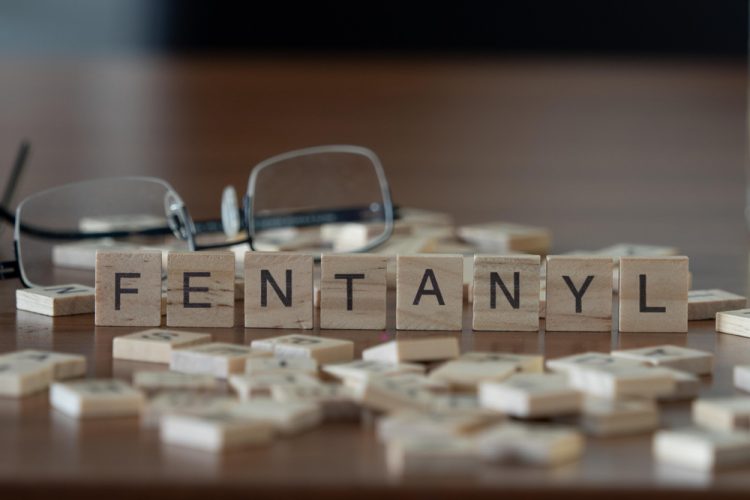
Cognitive Dissonance in Addiction & Recovery
Defining cognitive dissonance
The social psychologist Leon Festinger first proposed the theory of ‘cognitive dissonance’ in the 1950’s. The theory centres on how people try to reach internal consistency. The term is used to describe the feelings of discomfort that result when your beliefs run counter to your behaviours and/or new information that is presented to you. People tend to seek consistency in their attitudes and perceptions, so when what one holds true is challenged or how one acts does not align with what they think, something must change in order to eliminate or reduce the dissonance (internal conflict).
One of the most illustrative examples of cognitive dissonance is individuals who continue to smoke, even though they know it is detrimental to their health. A way to deal with this dissonance is to minimise the potential drawbacks such as convincing themselves that the negative health effects have been overstated or that one cannot avoid every possible risk out there. Alternatively the smoker might try to convince himself that if he does stop smoking then he will gain weight, which also presents health risks. These explanations are classic examples of ‘explaining something away.’ The result for the smoker is a reduction of the dissonance in order to continue the behaviour.
Addiction and justifying the unjustifiable
For those who do not suffer addiction to alcohol or drugs it is difficult to understand the motivations and reasoning of those who do. Externally we can see the problems the addict’s substance abuse is causing and that the clear path to end those problems is to end the substance abuse. There are very few addicts that are unaware of the many risks associated with substance abuse or the problems it is creating, yet they manage to somehow reconcile this knowledge with the continued dangerous behaviour. Essentially what they are doing is easing the internal tension of cognitive dissonance by justifying the unjustifiable, often by constructing elaborate mechanisms to protect themselves from the uncomfortable feeling of cognitive dissonance:
- For instance, the addict may be upset by other’s behaviour or particular life circumstances out of their control and they use it as a ‘reason’ to abuse often playing the ‘victim’ role which diminishes their perception of their responsibility in the behaviour.
- Another way and addict overcomes cognitive dissonance is way is through ‘optimistic bias’ when an addict tell themselves ‘it won’t happen to me’ even though in many cases ‘it’ already has.
- Often the physical addiction overrides the sensation an addict may have of doing something wrong. Withdrawal symptoms can be very uncomfortable and therefore be deemed by the addict as a good enough reason to overcome cognitive dissonance. In extreme cases even their moral discomfort of stealing and breaking laws are excused by the physical and mental discomfort they were experiencing.
Overcoming cognitive dissonance in recovery
One of the key elements to any addiction treatment is to deconstruct the established mechanisms the addict has created, firstly by highlighting the dissonance of addiction. Spending time with an addiction therapist can help the individual see the reality of their situation. If the individual enters treatment they will have their thinking challenged, and they will usually be able to see through their own denial. Then they can learn to think critically, and come to an understanding about their situation and subsequently begin to recover.
Cognitive dissonance affects us all
Everybody feels some degree of cognitive dissonance in many areas of our lives; be it our core beliefs, our relationships, our work, our lifestyles, our place in society, our emotional lives, our decision making etc. We live in an age where we are constantly fed information, misinformation, advertising, advice etc. The uncomfortable feelings of being conflicted, ashamed, or guilty about something are seemingly endless. Often we unnecessarily protect our attitudes, behaviours or beliefs through rationalising, ignoring, denying, or seeking out reinforcement that may fit with our way even though we are ignoring facts. Sometimes the accumulation of these feelings makes us feel despondent, alienated, depressed and can even sometimes result as factors leading us to addictions. A way to reduce these feelings of cognitive dissonance is to change one or more of the attitudes, behaviours or beliefs between positive thoughts and actions that are compatible. Another way is to acquire new information that outweighs the dissonant beliefs. Finally one could simply reduce the importance placed on the beliefs, behaviours or attitudes by gradually and carefully learning to accept that life will have its contradictions and cognitive dissonance is part of the human condition.
At Ibiza Calm, we have an expert team of highly professionals available at all times for any number of addictions you or a loved one may be suffering with, so please do not hesitate to call us if you need any help or advice.
(SPAIN) +34 664 443 433
(UK) +44 203 868 5710
Share this information, choose your platform!
Is sex addiction real?
In the second season of the Emmy award-winning HBO series, “The White Lotus”; Michael Imperioli plays Dominic Di Grasso, a successful Hollywood producer with a sex addiction who has destroyed his marriage by repeatedly cheating on his wife. It is …
13 Things to look for in a good rehab
Addiction and mental health care: choosing the right place for treatment. Accepting that you may have, or that someone you love, has; a substance use disorder or a mental health condition, is never easy. It can be incredibly difficult to …
Time to Talk Day – February 3rd 2022
Mental health and substance use disorders affect 13% of the world’s population, that is approximately 970 million people that are living with a problem affecting their psychological well-being. Regrettably, only half of those people will get the help they so …
What is Fentanyl? And why is it so dangerous?
Fentanyl has been making the headlines again in recent weeks. The drug first came to worldwide public attention back in 2016 when it was reported that the megastar Prince had died from an overdose. Data published last month by the …









